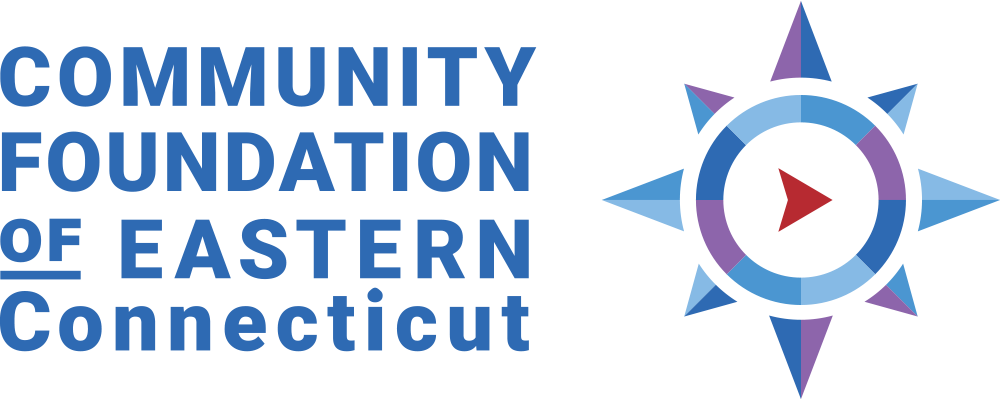Author and television host Zainab Salbi.
Published April 27, 2019
By Erica Moser
e.moser@theday.com
 Zainab Salbi has worked for decades as a humanitarian and women's rights activist.
Zainab Salbi has worked for decades as a humanitarian and women's rights activist.
She founded a nonprofit that gave $120 million in aid and loans to 480,000 female war survivors in its 25-year existence. On her Yahoo News show "Through Her Eyes," she has interviewed gymnast Aly Raisman, Congresswoman Ilhan Omar, singer/rapper Queen Latifah and actress and author Patti Davis, daughter of Ronald Reagan. On her PBS show, "#MeToo, Now What?" she talked to guests about patriarchy, masculinity and restorative justice.
But as she reflected on that work and asked herself, "Am I actually living the values?' she found in some cases, the answer was no.
"I used to give speeches about forgiveness, quoting (Nelson) Mandela," Salbi said, saying she was "coming at it from a self-righteous perspective." But she realized she couldn't forgive a man she loved who hurt her, and she also learned she had to forgive herself.
Speaking to The Day by phone from New York this past week, Salbi questioned, "What's the point of me giving speeches about this larger notion of forgiveness, between blacks and whites in South Africa, between Hutus and Tutsis in Rwanda ... if I can't forgive this person in front of me here?"
Emphasis on looking inward, and doing so to change inconsistencies among values and actions, is the topic of Salbi's newest book, "Freedom is an Inside Job: Owning Our Darkness and Our Light to Heal Ourselves and the World."
She will be talking about this book and other aspects of her work in a discussion with Susette Tibus, owner of Simply Majestic and an active member of the Greater Mystic community, at the Spa at Norwich Inn on May 9.
When Salbi was growing up in Iraq, her father was the pilot for Saddam Hussein, and her family "were favoured by but terrified of him," The Guardian reported. So Salbi was sent to the United States at age 19. Four years later — after first reading about the war in Bosnia and Herzegovina — she founded Women for Women International, a nonprofit she stepped away from in 2011.
Salbi's views on the nature of activism and on the usefulness of anger have shifted over the years.
"I started with joining demonstrations and marches and all of these things, and there's a march in which I chanted, and a silent march, and then there was a singing march, and a dancing march," she said. But then she realized she "actually needed to do something."
Salbi said that while she holds "extreme anger at what men have done to women," whether it's war or rape or domestic violence, she has learned not to lead with anger or lead "in a patriarchal way."
"Whenever I led with anger, which I have before, I became the oppressor," she said. "I eventually became the oppressor I was trying to fight against. And I cornered all men as one thing."
Moving from anger to love took time for Salbi and she feels that just because she reached that stage, she doesn't "have to force everybody to expedite their process."
"The national debate is not ready, not interested, in that reconciliation process at the moment, or maybe the silent majority are, but not the active voices," she said. "I'm not upset at it."
Not everyone is going to agree with her approach. In the "#MeToo, Now What?" episode titled "The Accuser and the Accused," Salbi interviews both a woman and the film critic the woman accused of sexual misconduct about the incident and its aftermath, with a focus on the impact of actions and on the healing process.
Salbi said a lot of people thanked her for the episode and for her courage in producing it, but all came to her quietly.
With "Through Her Eyes," Salbi is focused on speaking with women who "owned their voices."
"I do believe women, no matter where they are, share similar experiences of their emotions, even though our cultures may be different, and our circumstances are different," Salbi said.
Community Foundation President Maryam Elahi said the Women & Girls Funds are doing the same kind of work as Women for Women International. Elahi knows Salbi from Elahi's time as director of the International Women's Program at Open Society Foundations.
Elahi thought of Tibus to facilitate the conversation because Tibus "is just such a dynamic presence, and she has been involved in advancing women's rights for years."
Noting that many events about women's rights feature mostly female attendees, Elahi said she wants to give a "loud welcome" for men to come and have a seat at the table.
e.moser@theday.com



